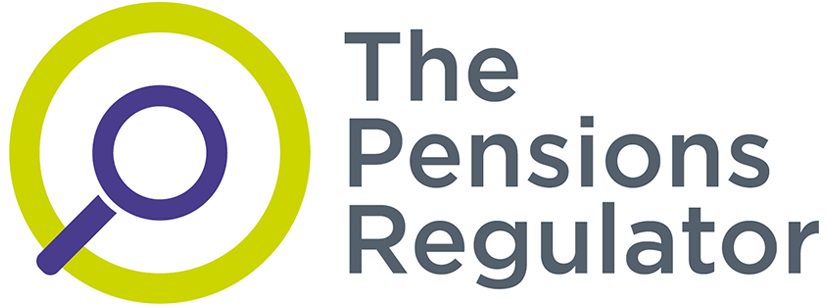The majority of pension schemes are embracing The Pension Regulator's General Code and have not been overwhelmed by the new requirements, according to research from WTW, which found that 1 per cent expect significant changes to comply with the code.
Compliance with the new code was a key priority amongst the schemes surveyed, with 41 per cent of respondents selecting this as a top concern for their scheme's governance over the next two years.
However, WTW found that most schemes do not see it being a significant burden and only minor (62 per cent) or moderate changes (36 per cent) are expected to be required, as the majority of trustee boards are already operating with robust governance frameworks.
WTW head of trustee governance, Jenny Gibbons, highlighted this as "testament to the strength and adaptability of the existing governance frameworks within these schemes", noting that despite some trepidation before the final code was published, the majority of schemes are "well on their way" to compliance.
The General Code came into force in March 2024 after nearly five years in development, emphasising the importance of proportionality in governance practices, allowing schemes to tailor their governance efforts based on their specific circumstances, size, and complexity.
However, WTW noted that the new expectations also represented a shakeup of the current risk management practices in pensions.
And "significant" steps are underway to enhance how schemes manage risk, as nearly two-thirds (64 per cent) of respondents have conducted stress tests on various investment scenarios and reviewed their business continuity planning in the past two years, increasing to 93 per cent for larger schemes.
Larger schemes were leading the charge on governance more broadly too, as WTW found that while more than two-thirds (67 per cent) of larger schemes consider risk management a priority, fewer than one-in-five (19 per cent) of smaller schemes do.
And while nearly half (43 per cent) of larger schemes have already appointed a risk management function (RMF), almost no smaller schemes (1 per cent) had done so yet.
Following the introduction of the General Code, WTW noted that the focus on cyber risk has also intensified, with 65 per cent of schemes now equipped with the appropriate skills and resources to manage this growing threat, up from 55 per cent in the previous year.
Annual training for trustees on cyber risk also increased significantly, rising from 31 per cent to 45 per cent, while the number of schemes conducting a cyber risk assessment of third-party service providers rose from 38 per cent to 46 per cent.
In addition to this, WTW found that nearly half (45 per cent) of schemes are reviewing the effectiveness of their trustee boards in response to the code, with a further 30 per cent planning to do so in the next 18 months.
WTW also suggested that those schemes reviewing their trustee board effectiveness are significantly more likely to be looking to enhance the diversity of the trustee board.
Indeed, WTW found that 58 per cent of schemes viewed increasing skills and experience diversity as a priority, while 56 per cent say that increasing behavioural diversity is a priority and 49 per cent want to increase demographic diversity.
However, Gibbons stressed the need for pension schemes to balance what is important with what is possible, arguing that the principle of proportionality allows trustees to focus in on those important areas, for example cyber risk, before moving on to consider how best to tackling less critical tasks.
“What is possible is often constrained by access to suitably skilled and affordable support. Irrespective of scheme size, building a strong trustee board and investing in their training and effectiveness will create a solid foundation for future governance success," she added.
Latest News
-
Govt urged to prioritise pension policy stability in Spring Statement
-
Just Group underlying operating profit falls by 39%
-
Employers warned modest pension defaults risk worsening adequacy gap
-
Aegon updates modelling tool to help members benchmark retirement needs
-
News in brief - 27 February 2026
-
PPF levy to remain at zero for 2026/27
Private markets – a growing presence within UK DC
Laura Blows discusses the role of private market investment within DC schemes with Aviva Director of Investments, Maiyuresh Rajah
The DB pension landscape
Pensions Age speaks to BlackRock managing director and head of its DB relationship management team, Andrew Reid, about the DB pensions landscape
Podcast: From pension pot to flexible income for life

Podcast: Who matters most in pensions?

In the latest Pensions Age podcast, Francesca Fabrizi speaks to Capita Pension Solutions global practice leader & chief revenue officer, Stuart Heatley, about who matters most in pensions and how to best meet their needs
© 2019 Perspective Publishing Privacy & Cookies











Recent Stories